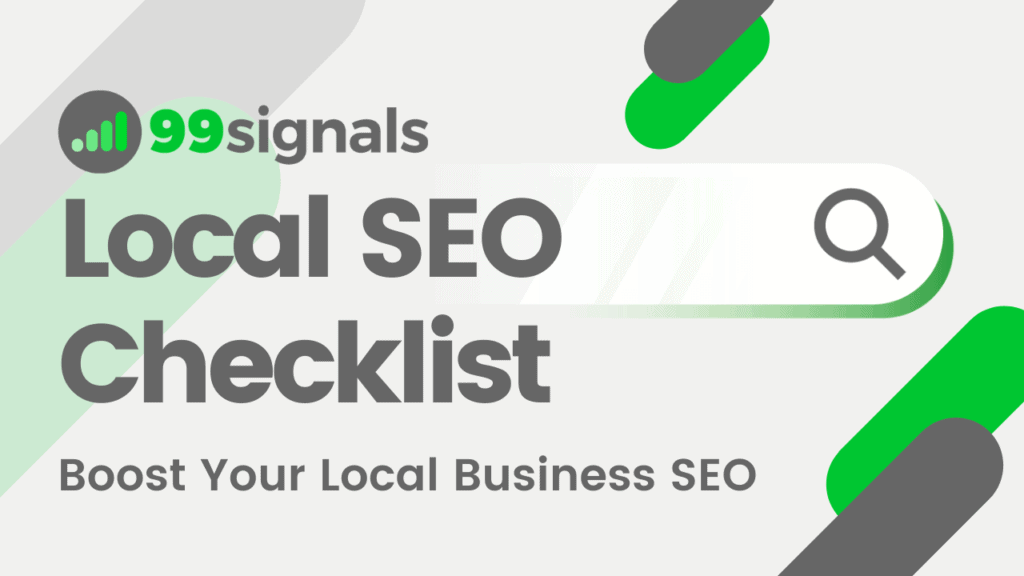
By optimizing your website for Local SEO, you can help your business stand out in search engine result pages (SERPs) and help attract new customers to your business.
But what is local SEO? And what differentiates local SEO from traditional SEO?
Moz defines local SEO as follows:
"Local SEO is specialized online marketing that increases visibility for businesses interested in ranking for geographically related keywords. A large component of local SEO is ranking well in the local algorithms. It is also important to rank well in the organic results for local keywords."
One of the main differences between local SEO and traditional SEO is how you target customers. Location of the searcher plays a key factor in local SEO. Therefore, you must keep geography in mind while optimizing your website for local SEO.
Download Now: The Ultimate Guide to Link Building – 25 Actionable Strategies to Build High Quality Backlinks [Free eBook]
If your website doesn't show up when people search for your keywords in your location, you could be losing out on a lot of potential customers. Local SEO can fix this problem for you. It takes time and effort to optimize your website for local SEO, but it's completely worth it.
Here's a complete local SEO checklist to help you get started with local SEO.
Table of Contents
Local SEO: Your Website
Your website lies at the center of your overall digital presence, as illustrated in local search expert Mike Blumenthal's graphic below.
Image Courtesy: Moz
Local SEO starts from optimizing your website. Other factors such as customer reviews, citations, and your social media presence become less impactful if your website isn't optimized for local SEO.
Here's a local SEO guide for optimizing your website.
- Create a 'contact' and 'about' page on your website.
- On the contact page, include the complete name of your business, address, phone number (NAP), and email address.
- Ensure that your phone number is clickable via mobile.
- Ensure that your contact details are consistent everywhere they are mentioned on the website.
- If you operate from just one location, list your address and email address in the website's footer.
- Add a Google Map to your contact page to make it easier for prospects to find you.
- Sign up for Google My Business (GMB) and verify your website.
- Make your website 100% mobile-friendly.
- If you operate from multiple locations, each location should have its own dedicated page.
- Use Schema structured data markup to help Google more easily identify your local business. If you use WordPress, download this plugin.
- Perform weekly site audits using tools such as SEMrush or Serpstat to fix all SEO errors.
Local SEO: Customer Reviews and Ratings
Customer reviews play an important role in local SEO. It's important to monitor the online reviews for your business. If you operate in a niche that gets few reviews, then you know one or two reviews can ruin your company's reputation. Reviews and ratings can also reward your website with additional traffic.
- Have testimonials from your existing customers published on your website.
- List your business on Google My Business (GMB).
- If your business already has a GMB listing, ask your existing customers to post reviews and ratings on Google. These reviews will show up in the SERPs when someone searches for your business on Google.
- Add photos to your GMB profile.
- Respond to negative reviews on GMB, if any.
- List your business on Yelp.
- List your business on Foursquare.
- List your business on Bing Places.
- Ask your customers to post reviews on your Facebook business page.
- Don't ask for too many reviews at once. A sudden influx of reviews may be treated as spam on certain platforms.
- Don't pay for fake reviews.
- Treat review acquisition as an ongoing process.
Local SEO: Content
High-quality content attracts high-quality backlinks and improves your search rankings. Content and backlinks are two most important ranking factors on google. Therefore, it's necessary that you have a local content strategy for your website.
- Make sure your most important content is featured on, or at least linked to, the home page.
- Optimize title tags and meta descriptions with localized keywords ("Yoga Studio Bangalore" instead of just "Yoga Studio").
- Delete any duplicate content on your website. Use a tool like SEMrush to identify duplicate pages on your site. Use the canonical URL tags wherever necessary.
- Utilize testimonials from customers in your service cities to make your city landing pages unique.
- Use unique testimonials from customers who have used specific products or services for related product and service pages.
- Include local photos and videos (optimized with relevant keywords) to enrich and complement the content.
- Host or sponsor events in your city.
- Use tools such as Buzzsumo or Google Trends to identify and curate trending content in your location.
- Write blog posts on topics that apply to a certain demographic or location.
Using social media to build local brand awareness is critical if you want to have an advantage over your local competitors. Follow these guidelines below to make sure your social media business pages are optimized for local SEO.
- Create a solid presence on all the popular social media channels.
- Claim a profile for your business on every major social media platform.
- Create a robust social media strategy.
- Post photos on your Google My Business (GMB) profile.
- Monitor social media conversations. Respond to negative feedback.
- Maintain a social media content calendar and post content on a regular basis.
- Enable reviews on your Facebook business page and ask your existing customers to post reviews and ratings.
- Share user generated content (UGC) on your social media pages.
Local SEO: Citations
Citations are complete or partial references to your name, address, phone number or website (NAP+W) anywhere on the web. Businesses with greater number of citations tend to rank higher in SERPs than businesses with fewer citations. Local citations are also important to validate that a business is part of a community.
- Manual citations: Manual citations take time and effort, but ultimately you have more control over your business listings. To learn more about manual citations, check out this guide from Moz.
- Automated citations: Automated citations can help you save time and effort. The main drawback of automated citations is that not all services are of equal quality and you have less control over your business listings.
- Use a third party tool like MozLocal or BrightLocal for local listings and citations.
- Make basic duplicate listing detection on a variety of platforms easier with the use of a free tool like Moz Check Listing.
Conclusion
Local SEO has several elements that are different from traditional SEO. Now that you have a local SEO checklist, you can start optimizing your website for local SEO and reach out to new local customers.
Related Articles

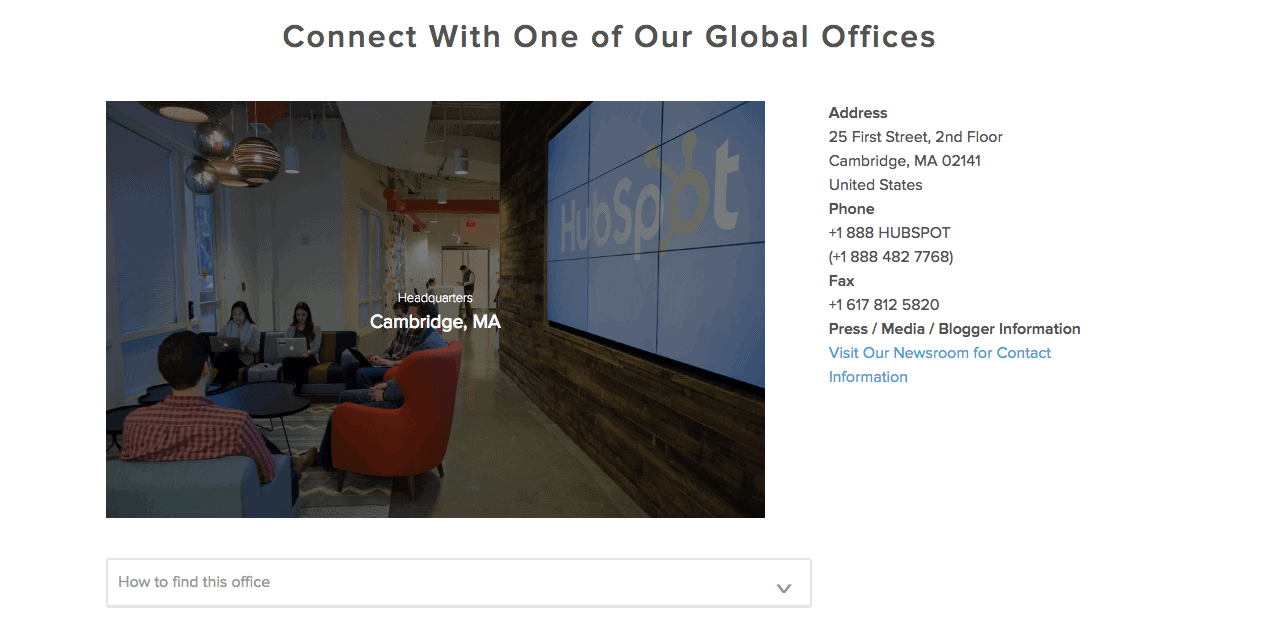
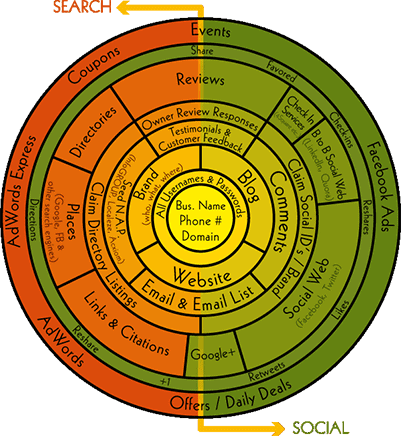
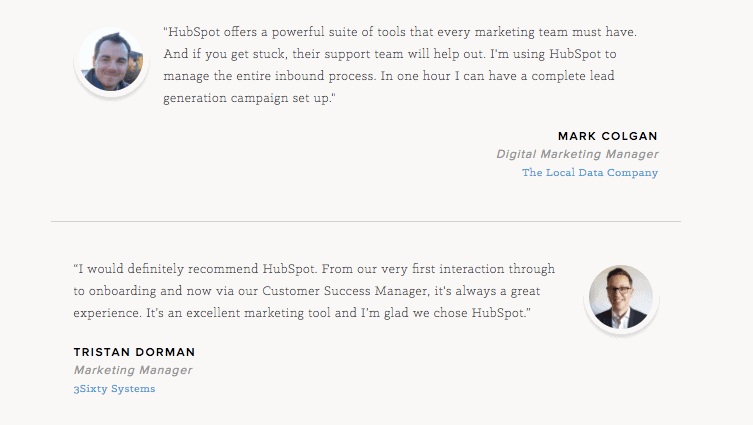
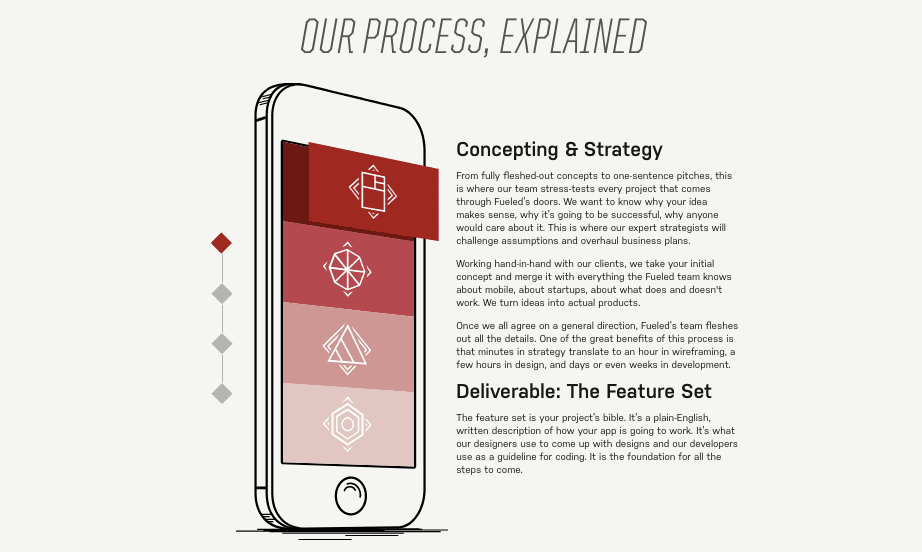

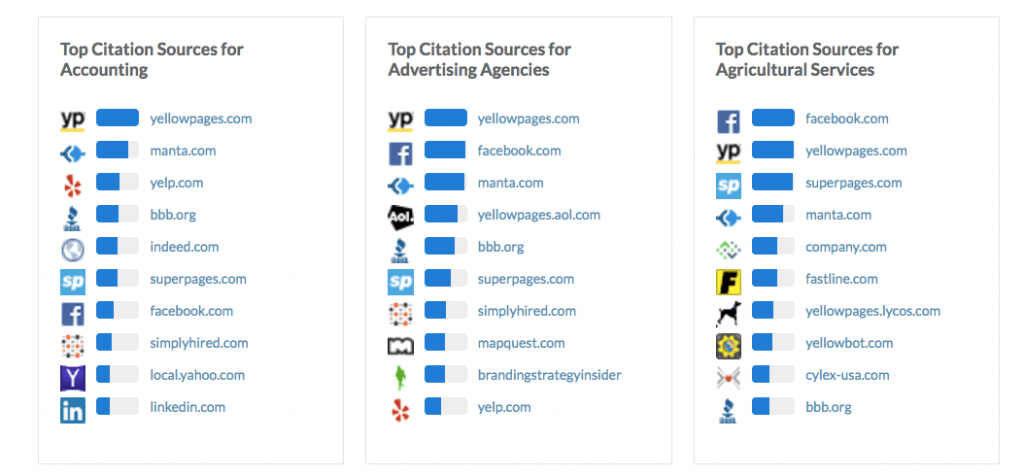
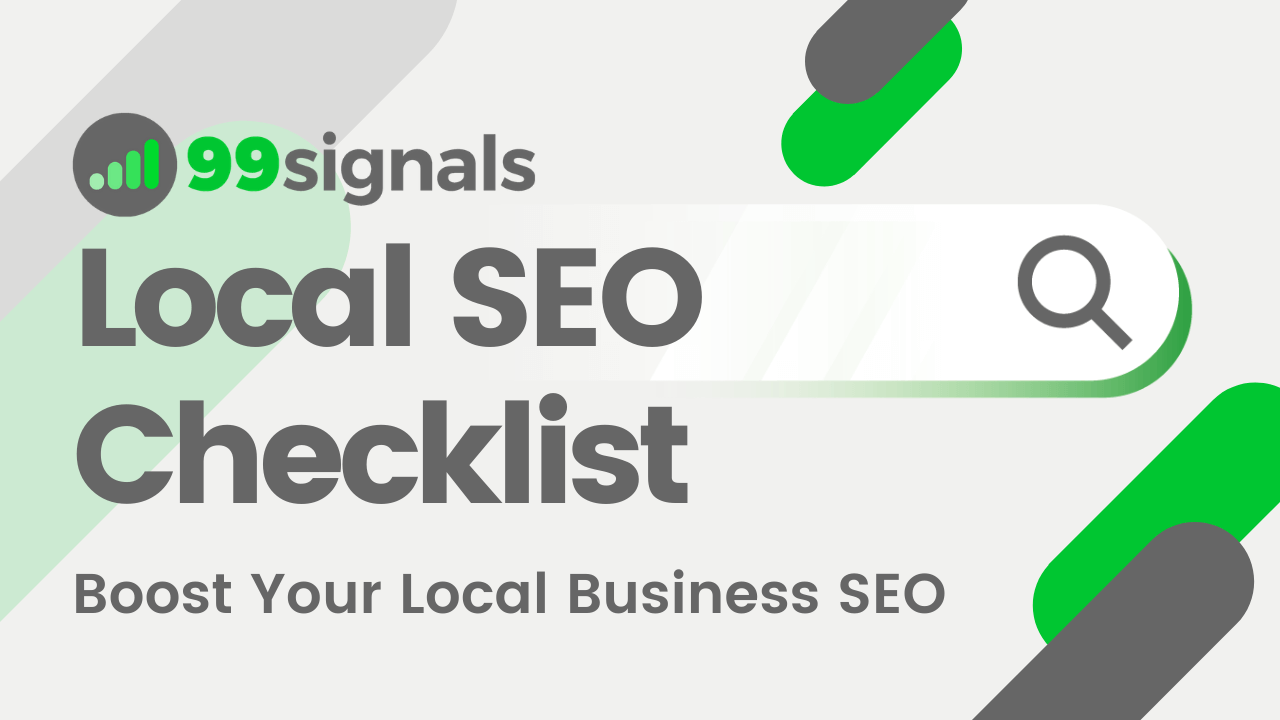





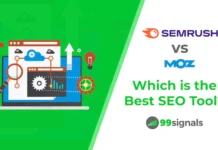
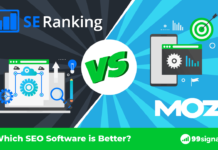
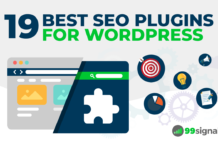
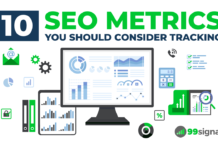
[…] (This article was first published on Sandeep Mallya's inbound marketing blog 99signals.) […]
[…] (This article was first published on Sandeep Mallya's inbound marketing blog 99signals.) […]
Awesome checklist! This is such a great resource. Thanks for sharing…
Nice article, it is good way to apply link building strategy and also subscribe to your list.
P.S We have also write some secret of "Best Automated Link Building Tutorial In 2017"
Cheers Deepak
nice article sandeep mallya this was really helpfull
[…] Перевод: https://www.99signals.com/local-seo-checklist/ […]
[…] do an effective job, you need reliable tools by your side. In this infographic by 99signals, you'll find the 7 best local SEO tools you can use to manage and optimize your local search […]